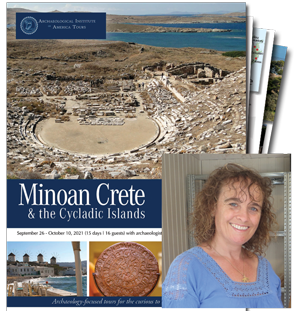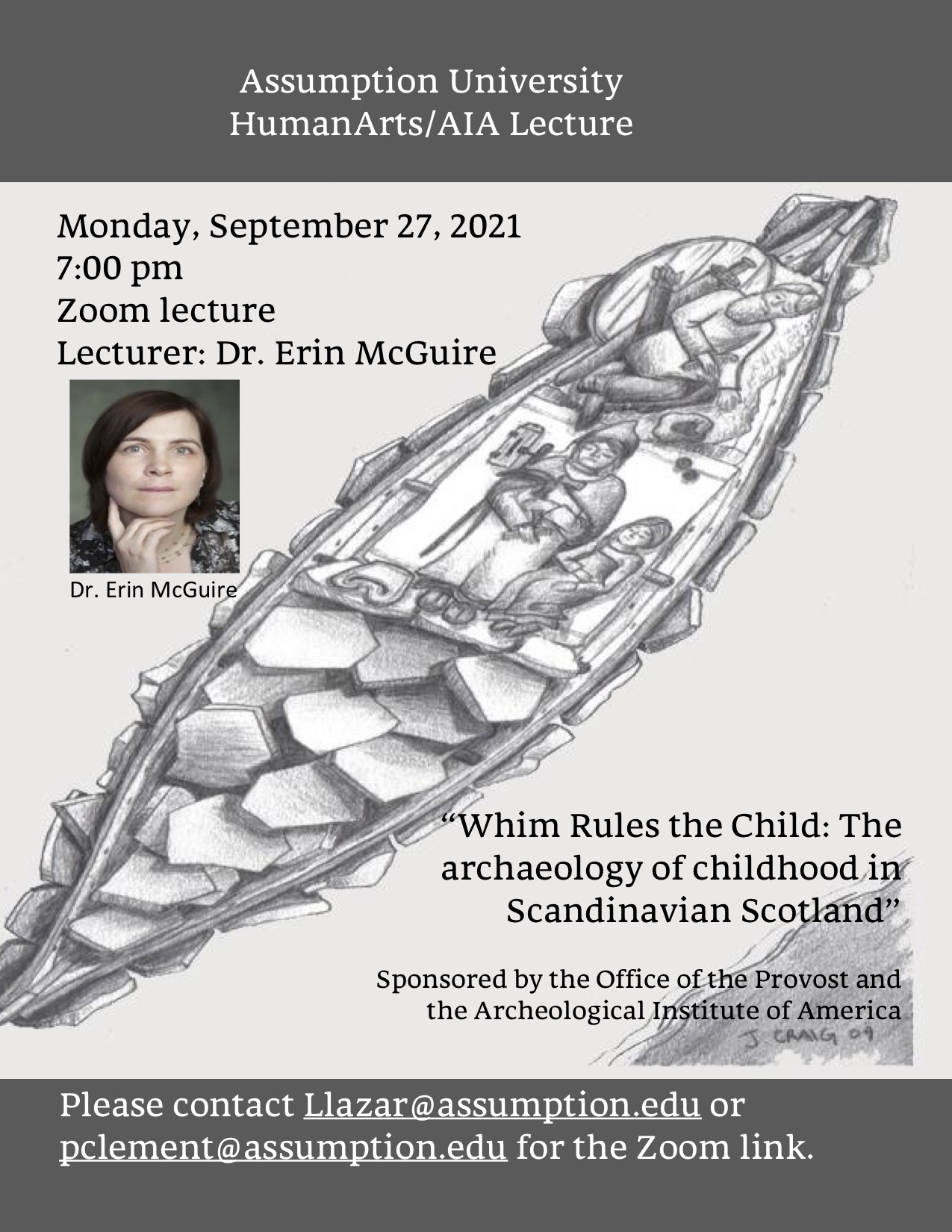Finding the elusive household in the Bronze Age Aegean
The household has been a topic of considerable anthropological interest since membership in a residential unit is often held as one of the prerequisites for belonging to the wider political, religious and cultural groupings. The paper focuses on the settlement of Ayia Irini on the island of Kea (Aegean, Greece) and puts the spotlight on […]


